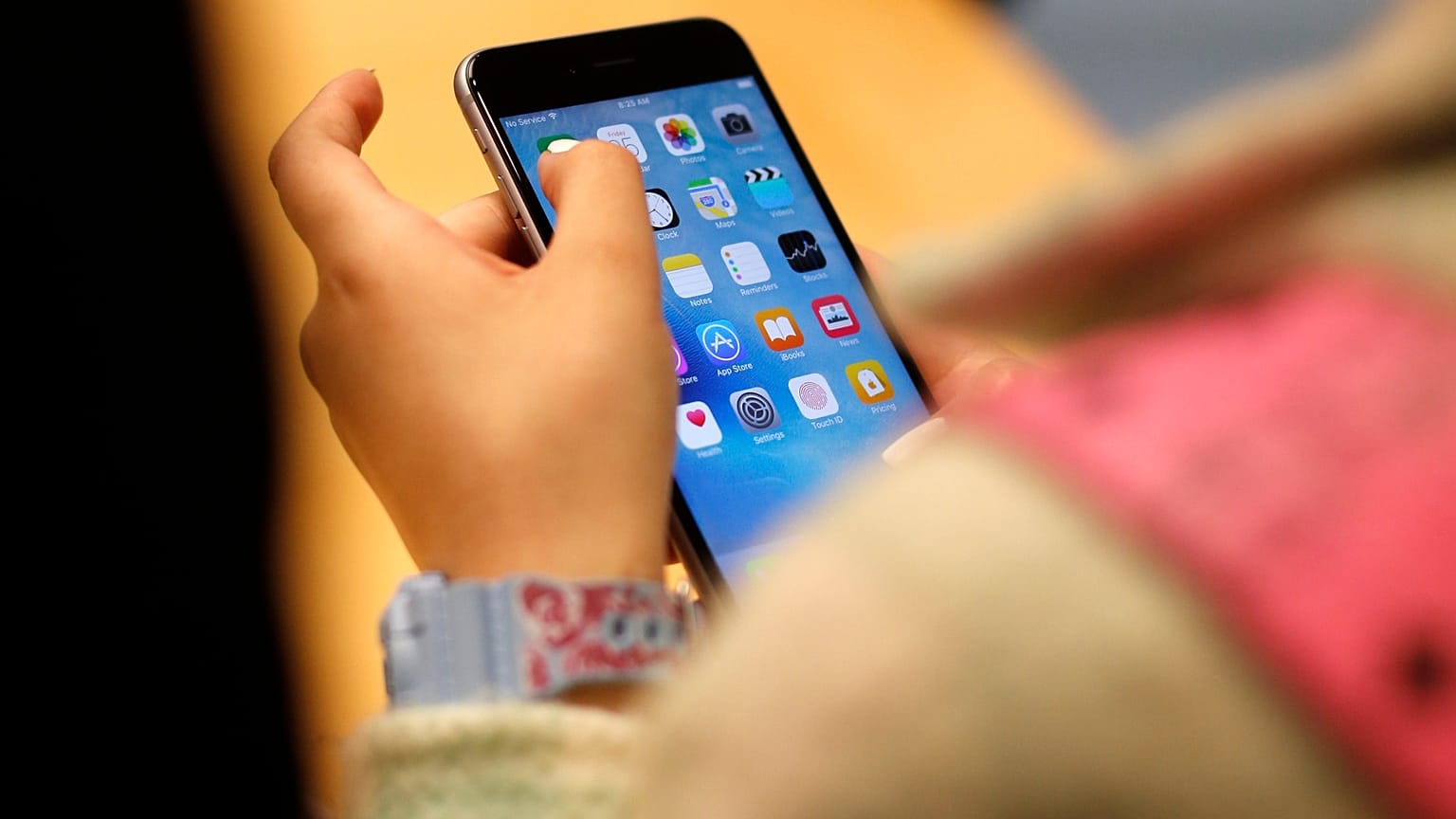Health
European Leaders Push to Limit Children’s Social Media Use

European lawmakers are increasingly advocating for restrictions on social media use among children. As anxiety grows over the potential negative impacts of excessive screen time, parents are urged to take an active role in guiding their children towards healthier digital habits. Many families are concerned about the detrimental effects of social media, but navigating how to effectively limit its use while supporting their children’s well-being can be challenging.
Policymakers and health experts have long emphasized the need for warning labels and age restrictions on social media platforms. They also advocate for outright bans on mobile phones in schools. Research indicates a troubling rise in “problematic” social media usage among European teenagers. A report from the World Health Organization (WHO) earlier this year highlighted the connection between increased screen time and feelings of loneliness among young people worldwide.
Studies show that excessive screen time can lead to reduced physical activity and poor sleep patterns, as well as increased levels of anxiety, depression, and social isolation. According to Dr. Janna-Lina Kerth, a pediatrician at the University Hospital of Düsseldorf (UKD), children can become trapped in a “vicious cycle” where more screen time leads to a desire for even more online engagement.
In response to these concerns, significant proposals are emerging across Europe. In September 2023, Ursula von der Leyen, President of the European Commission, expressed intentions to explore social media restrictions for children throughout the European Union. Some nations are looking for alternatives to outright bans, with the aim of encouraging children to voluntarily reduce their screen time.
For instance, Sweden has recently implemented a “leisure activity card” initiative to partially finance organized activities such as sports clubs or language classes for children aged eight to 16. According to Madeleine Larsson, a project manager at Sweden’s public health agency, the goal is to ensure that more children experience meaningful leisure time, which is essential for both physical and mental health.
Despite these efforts, the responsibility largely falls on parents. Dr. Kerth offers several practical tips for families aiming to enhance their children’s health by reducing screen time.
Encouraging Healthier Digital Habits
One key piece of advice from Dr. Kerth is for parents to lead by example. Children often mimic adult behavior, and if parents are constantly engaged with their devices, children may do the same. Parents are encouraged to be mindful of their own screen time, resisting the urge to check devices during family meals or before bedtime. Establishing family screen time goals rather than imposing strict limits can foster a sense of shared responsibility.
Communication is also vital in this process. Dr. Kerth warns that outright bans on social media or gaming can make these activities more enticing. Instead, she advocates for age-appropriate discussions about the online world, helping children understand the allure of certain games and the potential consequences of excessive use. She suggests initiating these conversations as early as age four, framing rules around screen time in a way that highlights their benefits, such as improved sleep quality.
Understanding Screen Time’s Impact
The WHO recommends that children under five should have no more than one hour of screen time per day. Some health organizations in Germany and France advise that toddlers should remain screen-free until the age of three. While guidelines for older children and teenagers vary, there is a general consensus that less screen time is preferable.
Not all screen time is detrimental, however. Dr. Kerth points out that certain interactive and educational games can provide valuable learning experiences. The distinction between passive consumption of media and active engagement is crucial in assessing the quality of screen time.
To help children transition away from screens, Dr. Kerth encourages parents to engage them in discussions about alternative activities. This might include enrolling them in sports teams or other group activities that discourage screen use. She notes that simply suggesting activities like reading or outdoor play may not be enough; considering children’s social circles is essential to ensure they feel connected with their peers.
As European countries continue to grapple with the challenges posed by social media, the combined efforts of policymakers, health experts, and parents will be crucial in fostering healthier digital environments for young people. By prioritizing open communication and modeling balanced screen habits, families can play a significant role in mitigating the risks associated with excessive screen time.
-

 Top Stories3 months ago
Top Stories3 months agoTributes Surge for 9-Year-Old Leon Briody After Cancer Battle
-

 Entertainment4 months ago
Entertainment4 months agoAimee Osbourne Joins Family for Emotional Tribute to Ozzy
-

 Politics4 months ago
Politics4 months agoDanny Healy-Rae Considers Complaint After Altercation with Garda
-

 Top Stories4 months ago
Top Stories4 months agoIreland Enjoys Summer Heat as Hurricane Erin Approaches Atlantic
-

 World5 months ago
World5 months agoHawaii Commemorates 80 Years Since Hiroshima Bombing with Ceremony
-

 Top Stories3 months ago
Top Stories3 months agoNewcastle West Woman Patricia Foley Found Safe After Urgent Search
-

 Top Stories5 months ago
Top Stories5 months agoFianna Fáil TDs Urgently Consider Maire Geoghegan-Quinn for Presidency
-

 World5 months ago
World5 months agoCouple Convicted of Murdering Two-Year-Old Grandson in Wales
-

 World5 months ago
World5 months agoGaza Aid Distribution Tragedy: 20 Killed Amid Ongoing Violence
-

 World5 months ago
World5 months agoAristocrat Constance Marten and Partner Convicted of Infant Murder
-

 Top Stories4 months ago
Top Stories4 months agoClimbing Errigal: A Must-Do Summer Adventure in Donegal
-

 Top Stories4 months ago
Top Stories4 months agoHike Donegal’s Errigal Mountain NOW for Unforgettable Summer Views









